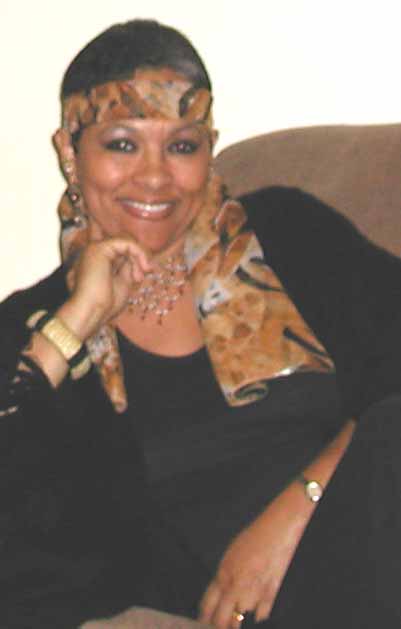
Burbank, California; March 16, 2002; Joan Marques, MBA,
Doctoral Student
(URL: https://www.angelfire.com/id/joanmarques/PR
)
“Seek first to understand and then to be understood”. That’s what Steven Covey teaches us in The Seven Habits of Highly Effective People. And I am sure that this recommendation is not limited to just that book and that management guru. It’s actually a very basic and wise statement: the foundation of any successful cooperation between two or more entities.
In management, whether career or life management, understanding is an invaluable skill and a powerful tool. If one develops the habit to at least try to understand where others come from in their reasoning, any battle becomes unnecessary. Trying to understand others doesn’t mean that you also have to agree with their point of view. Yet, it establishes mutual respect and goodwill. When your discussion partner senses that you are making an attempt to know where he/she comes from, this person will get inspired to do the same. And what turns a “discussion” more easily into a “dialogue” then this positive attitude? Remember, there’s a significant difference between discussion and dialogue. The word discussion holds a somewhat violent character, stemming from “discus,” which is “a disk, typically wooden or plastic with a metal rim, that is thrown for distance in athletic competitions.” (http://www.dictionary.com) Discussion itself is defined in the dictionary as “the act of discussing or exchanging reasons; examination by argument; debate; disputation; agitation.” See the word line-up there? Nothing peaceful or serene, isn’t it? On the other hand, the same source describes dialoguing as “a conversation between two or more people” or “an exchange of ideas or opinions.”
Concluding: mutual attempts toward understanding can change a discussion into a dialogue; can change competition into cooperation; can change win-lose into win-win situations. And no, those are not idealistic platitudes. They are as real as their negative precursors, which we usually take for granted.
The first step toward developing the ability to understand the other party is to realize that we all have our own reality, colored by our history, culture, and personality. No two realities are the same. The way you see the world is not the same as how your friend, colleague, or business partner, sees it. That represents the basic reason, then, for differences in opinion and perception. However, once you understand that perception varies from one individual to another, due to the aforementioned factors, you’ll also realize that what the other party is saying or doing is making perfect sense to him or her from his/her point of view, and that this person wonders just as much as you why you are giving him/her such a hard time! This must have been the reasoning behind Carl Jung’s statement, “If one does not understand a person, one tends to regard him as a fool.”
Aside from the fact that understanding can have an astoundingly positive impact on every relationship, it also creates serenity within the person who seeks to achieve it. Baruch Spinoza even asserted, “the highest activity a human being can attain is learning for understanding, because to understand is to be free.” The power of understanding can also be explained through the following cycle: The will to understand enhances => the will to be understood, which improves => mutual understanding, which establishes => unity in perception, which increases => power, which adds to => influence, which augments => control (whether that’s what you’re striving for or not…).
It is therefore that I wholeheartedly agree with Leonardo Da Vinci when he states, “The noblest pleasure is the joy of understanding,” because even if you’re not striving for control, you can be sure of the fact that understanding others will increase inner-peace. Hence, because of its powerful impact, “ the motto should not be: Forgive one another; rather understand one another.” (Emma Goldman)
One word of caution is in place here, though: Never assume that establishing understanding is easy to do. It wasn’t a simple conclusion when Jiddhu Krishnamurti conveyed, “when we talk about understanding, surely it takes place only when the mind listens completely -- the mind being your heart, your nerves, your ears- when you give your whole attention to it.”
And the last suggestion: Covey’s advice in the opening statement of this article, “seek first to understand and then to be understood” should be interpreted in the broadest possible sense, including understanding of oneself, even before anything else! For only “ when a man begins to understand himself he begins to live. When he begins to live he begins to understand his fellow men.” (Norvin Mcgranahan)
References:
Covey, S. (1990). The Seven Habits of Highly Effective People Simon
& Schuster Trade
Various. (1999,
Unknown). Understanding, [Internet]. Cyber Nation International, Inc.
Available: http://www.cyber-nation.com/victory/quotations/subjects/quotes_understanding.html
[2002, March 17].